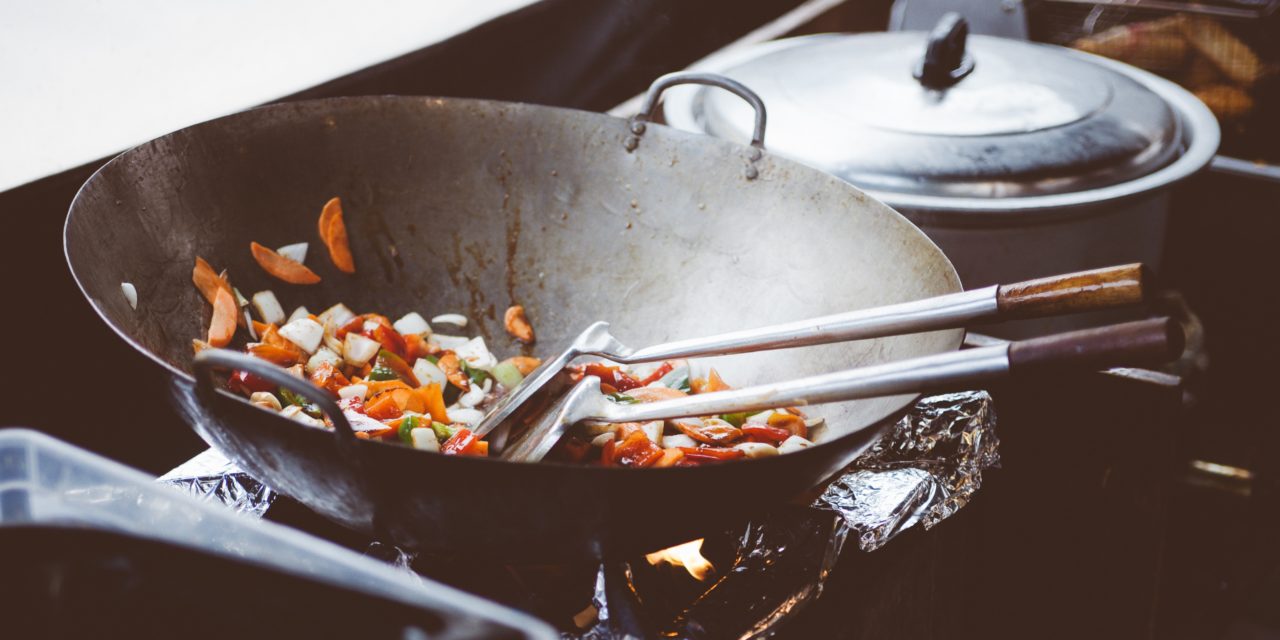“Lucky Lee’s,” a restaurant in Greenwich Village, New York, shut down after months of protests and accusations of “racism” and “cultural appropriation.” The Chinese-themed restaurant, owned by Arielle Haspel, a white nutritionist, had been open for 8 months. ABC News labelled the restaurant “controversial.”
Haspel was criticized as being “insensitive” for marketing the restaurant as serving “clean,” “health forward” and “feel great” Chinese food. Haspel responded to the criticism, saying “Lucky Lee’s is here to celebrate Chinese cuisine.” “Cultural appropriation,” according to the Cambridge Dictionary, is “the act of taking or using things from a culture that is not your own, especially without showing that you understand or respect this culture.”
When the restaurant closed, she wrote, “It is with a heavy heart that we are shutting down our woks and ovens tonight. We have truly loved feeding and entertaining you and your families.” Haspel also thanked her employees who “cooked with love and enthusiasm” and customers and neighbors who supported the restaurant.
Author Mary Eberstadt writes about the dynamics of identity politics and cultural appropriation in her book, Primal Screams. She said, “What critics of identity politics have missed is that the manifest panic behind cries of cultural appropriation is real – as real as the tantrum of a toddler.” With the growth of identity politics, there is a frenzy of global wailing and screaming.
If cultural appropriation is taken to its logical conclusion, imagine what the future may hold. It’s 2025, for example, and Italians argue before the United Nations that their country, via Marco Polo, did not steal the recipe for noodles from China and should not be forced to pay restitution. However Italian restaurants around the world are still shutting down, while apologizing to Peru, Chile, Bolivia and Ecuador.
Their crime? Italian chefs and Nonnas (grandmothers) – with malice aforethought – appropriated tomatoes, which originated in South America, for their pasta and pizza sauces. Millions of distraught American children, teens and adults are grieving the closings of Dominoes and Little Caesars. The latter, incidentally, appropriated a Roman emperor for marketing purposes.
Great Britain and Ireland have begun talks with the Bolivian and Peruvian governments over demands for billions of dollars in restitution, now due for their gross acts of potato appropriation. Restaurant owners across the United Kingdom are forced to stop serving potato bread, shepherd’s pie, bangers and mash, chips and crisps.
In a move to avoid litigation with those countries where potatoes originated, McDonalds is reportedly renaming its products “Peruvian Fries” and “Bolivian Hash Browns.” Time will tell if this tactic works.
When asked by mainstream media outlets about French cultural appropriation of other countries ingredients, Nicolas de Rivière sniffed, thumbed his nose at critics, and said: “Let them eat croissants. We apologize to no one for our cuisine.” Monsieur de Rivière, as we all know, is Ambassador and Representative of France to the United Nations.
In related food and beverage news about cultural appropriation, Coca Cola has begged forgiveness from the Dutch for using Santa Claus – a derivation of Sinter Klaas, the Dutch nickname for St. Nicolas – in myriad Christmas advertising campaigns over the years.
At the same time, Catholic, Eastern Orthodox, Oriental, Greek, Syriac, Protestant and Autocephalous Turkish Orthodox churches are squabbling over which church owns the rights to the real St. Nicholas, the fourth century Greek Bishop from Myra. The winner of that legal battle will presumably file a lawsuit against both Coca Cola and the Dutch for appropriating their bishop.
Finally, children – and many of us adults – all over the world are rejoicing as companies like General Mills, ConAgra Foods, Green Giant and Pictsweet ship boatloads of lima beans back to Peru. Chefs throughout the Southern U.S. have removed succotash from their menus and are apologizing for inflicting this gross act of cultural appropriation on their customers.
For decades, scientists hypothesized that children somehow instinctively knew that the bean contains the toxin phytohemagglutinin, and therefore thrust bowlfuls of the bitter, mushy legume from their highchairs. Now, of course, we know these toddlers were upset about lima bean appropriation from the Andes, and their actions seem perfectly justified.
Toddler tantrums, indeed.






